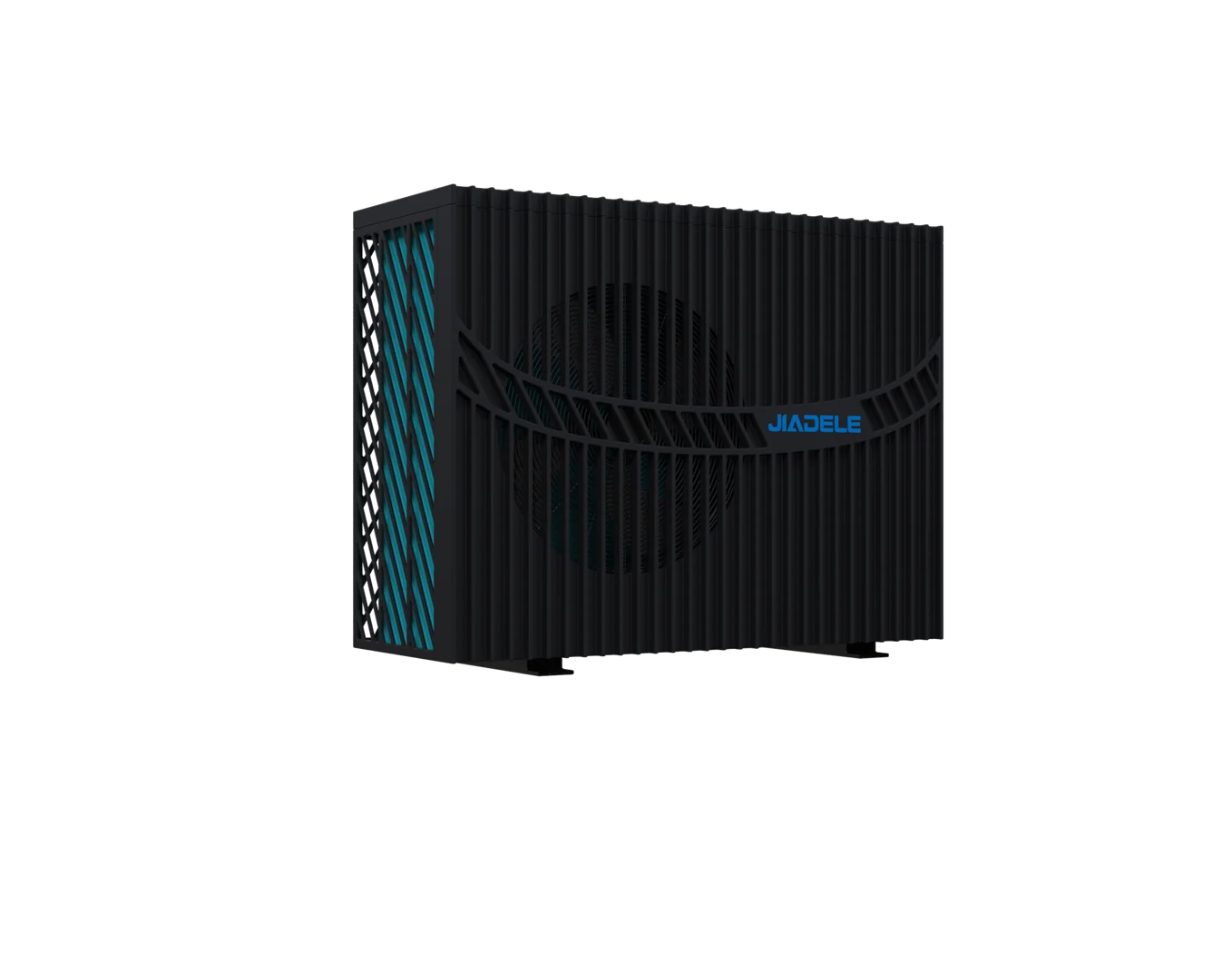Jump to Overview of Heat Pumps Mini Splits and Their Benefits
But, what are the mini split or heat pump? If you did not, no worries. Our team is here to assist you with some remarkable heating and cooling systems. We will show you what are the different types of heat pumps, their pros and how to use them safely and efficiently in this article. Read on as we share some more fun facts surrounding the future of HVAC technology or to ensure that you stay comfy all year long.
How Heat Pumps Works and Their Nature
Heat Pumps, with their ability to move heat from one place to another are wonderful devices - often from air conditioned space mostly outside. Heat pumps, unlike the usual HVAC systems powered by electricity or natural gas to create heat and air conditioning from scratch, instead have a unique refrigerant that can transfer thermal energy between different locations. Their unique operating principle leads them to be extremely energy-efficient and ecologically sound, using a fraction of the amount of power that prior generations systems based on combustion did.
Ductless mini splits are a type of heat pump that is composed of two components: an outdoor condenser/compressor and an indoor air handler. A conduit runs between the two that holds refrigerant lines, electrical wiring and a drain line. Whether in your home or throughout a commercial building, mini splits have become increasingly popular for ductless and effective zoning of heating & cooling.
Benefits of Heat Pumps
The first thing that comes to mind is the high energy efficiency of heat pumps. Since they are essentially transfers of heat energy rather than a form of generation, air source heating systems offer the possibility to deliver far more useable cooling and heating warmth per unit area or volume per watt-hour. But beyond lower utility bills, it also lowers the carbon footprint.
Heat pumps can operate as both heating and cooling sources in one system, maximizing their versatility. This saves having to install separate systems and makes them perfect sources of supplementary heating or cooling for those zones within the home like a bonus room, playroom or home office. Heat pumps also operate quietly and safely avoiding the risks of combustion-based systems including carbon monoxide poisoning or fire hazards. Moreover, having no ductwork means that air leaks and dust do not pose a problem.
Types of Heat Pumps
There are a variety of different types of heat pumps, for specific uses and climates including;
Air-to-air: Most commonly known Air source heat pumps, they extract the hot air from outside and transfer it inside or vice versa depending on requirement They can both heat and cool a room but they might not be as efficient in the coldest of conditions.
Ground source heat pumps: Also referred to as geothermal warmt pumping systems, these use the temperature difference between your surface and also the ground for heating cooling. While they are also effective, ground source heat pumps usually have a high up-front cost relative to air-source counterparts.
Ducted Heat Pumps: Traditional systems that heat or cool air and then distribute it via ductwork throughout a building. They work well in larger spaces or even all home heating, but they may require modifications to existing ducts.
Ductless mini splits: These heat pumps are just as the name eludes to- they do not require ductwork and work perfectly for smaller spaces that need (or want) individual temperature control.
Tips to Use Heat Pump Effectively and Safely
Taking care of your heat pump in this manner not only gets the most out of its efficiency but also because it is the responsible thing to do for everyone involved.
Keep the outdoor unit clear of any debris or obstruction
Clean or replace air filters to maintain proper airflow and efficiency.
Only use licensed HVAC technicians for servicing and installation and never attempt it on your own.
Ideally, keep an even temperature on your thermostat and avoid making frequent changes as it will cause the furnace to use more energy in order for you diefernace [die] adjust.
Invest in a maintenance plan or schedule seasonal tune-up to maintain heat pump efficiency.
Advantages of Heat Pumps for Your Home/Company
In short, heat pumps (especially mini splits) have a lot of advantages over traditional HVAC systems. They are all exceptional for energy efficiency, versatility, safety and maintenance. Heat pumps create bespoke heating and cooling systems for your house, apartment or commercial space to maximize temperatures inside by keeping you comfortable at all times;isNaN a heat pump has their own abilities so weather it IScorronyre considering the comfort in summer months with Air Conditioning on callsrecolfw spellsar read-disable winterisercooldowns becoming largely reduced as an ideal solution.

 EN
EN
 AR
AR
 BG
BG
 HR
HR
 CS
CS
 DA
DA
 NL
NL
 FI
FI
 FR
FR
 DE
DE
 EL
EL
 HI
HI
 IT
IT
 JA
JA
 KO
KO
 NO
NO
 PL
PL
 PT
PT
 RO
RO
 RU
RU
 ES
ES
 SV
SV
 ID
ID
 LV
LV
 LT
LT
 SR
SR
 SK
SK
 SL
SL
 UK
UK
 VI
VI
 SQ
SQ
 ET
ET
 HU
HU
 TH
TH
 TR
TR
 MS
MS
 HY
HY
 HA
HA
 LO
LO
 MY
MY

